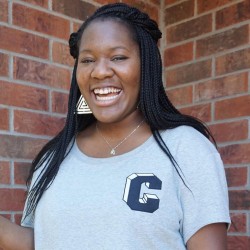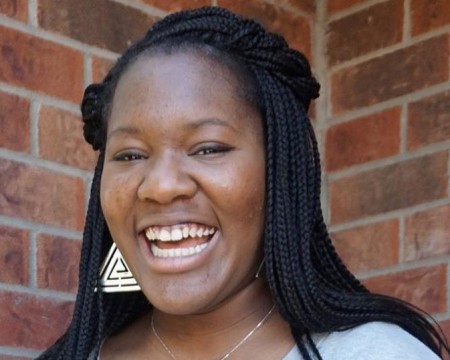
By Kika Otiono, Youth Editor
If I had the power to change the world, peace would reign. Illness, crime, and poverty would cease to exist. Every human being would live a life of joy, hope, and faith.
Such a vision of the world is clearly utopian. A world of harmony and equality is a far cry from the images we regularly see on our televisions. The crushing weight of poverty and war is even more visible with the large influx of refugees into Europe. On October 14th, 2015, CBC News published an article declaring that the richest one percent now own half of the world’s wealth—based on a recent report by Credit Suisse. With a miniscule amount of the world’s population enjoying such prosperity and comfort, it begs the question: why are so many people suffering? Is it inherent in human nature for the masses to live in poorer conditions?
This narrative is not new. In medieval Europe, peasants constituted the largest percentage of the population, whilst the monarchy and aristocrats lived large. Emmanuel Goldstein, a fictional character in George Orwell’s Nineteen Eighty-Four summarizes this historical class struggle. He observes that human societies have always divided themselves into social classes: the High (those with the most power and wealth); the Middle (they work for, and hope to enter the High class); and the Low (whose main aim is to survive). The Middle enlists the help of the Low in order to ‘dethrone’ the higher class. However, once they succeed, the Middle now rises to become the High and return the Low to their original roles. This perpetual cycle replays throughout history. If I had the power to change the world, I would break this cycle. I would make it so that world leaders would not use their positions as a means of oppressing others. If I had the power to change the world, different races, genders, religions, and physical abilities would be seen as a result of diversity, not of inferiority.
Being a young, female, black immigrant gives me a unique way of viewing the world. I find myself in bouts of anger about institutionalized racism and sexism. I write poems about my frustration at a world that believes that aspects of my identity that I cannot change make me less of a human. This dissatisfaction with society’s injustices is shared by my peers, especially social media. On Twitter, the protests of young black youth are heard through movements such as #BlackLivesMatter, #IfTheyGunnedMeDown, #NMOS14 (National Moment of Silence 2014, commemorating victims of gun violence), and #ICantBreathe.
But is a utopian world ideal? Is a world in which every disease is cured and every stomach is fed a perfect world? As a young child I dreamt of what the world would be like if sadness did not exist. I have come to understand that happiness cannot exist without sadness. How can I know love if hatred is not a reality? How can I know hope without desperation? Without shadows, would we know of light? It is easy to classify these emotions separately, but jealousy is entangled with love and pleasure is not separate from pain. We live in a world where food is abundant but so many go hungry. We live in a world where fifty percent of the wealth is distributed to ninety-nine percent of the population. These introspective questions can turn pessimistic and morbid quickly.
But I will not forget what it means to dream. I will not forget my childhood hopes of a world where everyone has equal opportunities. Hope is an essential part of human existence, and I will not give up hope for a better world. Fighting for equality is not in vain because a utopian world is impossible. One of my favourite actors Amandla Stenberg said: “It can be really discouraging to see how far we still have to go and how much work still needs to be done before we can create a world where we’re all judged by how we are and not how we look, but I’m strengthened every day because I’m still here, I’m surviving, and I’m using my voice.” We should collectively strive to reach a place as close to equality as possible. A world with better food distribution, a thriving environment, and fewer wars is not something we should stop fighting for.
If I had the power to change the world, parents would not be able to pass on their discriminatory beliefs to their children. If I had the power to change the world, justice would always prevail and hope would be limitless. That is a world worth fighting for.
About the writer
Hello! My name is Kika Otiono and I am a lover of music, social justice, and cookies. I am an avid reader and writer of novels, short stories, and Slam poetry. You are likely to find me in a library, taking out more books than I can fit in my bag. I am a grade 12 student with dreams of becoming a neuroscientist, particularly focused on the effects of human cognition on behaviour. You can reach me at [email protected].


We NEED more people like you in this world…
Well done Kika. I share your dreams, and aspirations. I just haven’t made them public as you have done. Keep it up. Assuredly, we get the much needed change, no matter how long. God bless you.